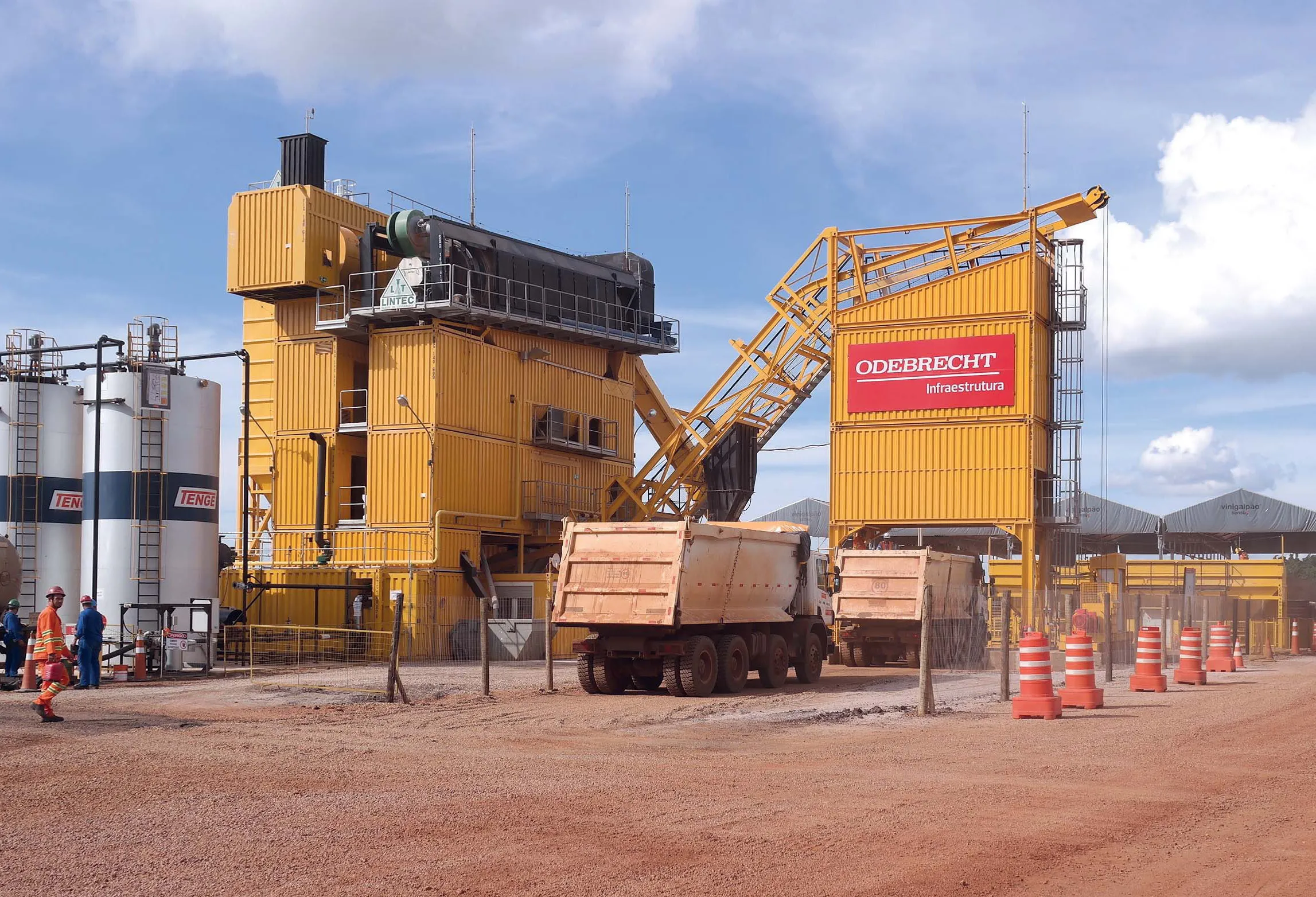Brazil will spend at least US$1.63 billion in privately operated federal road infrastructure projects in 2015.
This is down slightly, from $1.82 billion spent in 2014, according to estimates by the land transport agency NTT.
Work this year includes a stretch of the BR-050 motorway operated by MGO, which already has seen around $104 million. Road operator Concer, which administers sections of the BR-060, BR-153 and BR-262, invested nearly $88 million between 2014 and the first quarter of 2015.
Arter
July 9, 2015
Read time: 2 mins
Brazil will spend at least US$1.63 billion in privately operated federal road infrastructure projects in 2015.
This is down slightly, from $1.82 billion spent in 2014, according to estimates by the land transport agency NTT.
Work this year includes a stretch of the BR-050 motorway operated by MGO, which already has seen around $104 million. Road operator Concer, which administers sections of the BR-060, BR-153 and BR-262, invested nearly $88 million between 2014 and the first quarter of 2015.
7126 Arteris will invest nearly $533 million into its five road concessions in 2015 alone. CCR NOvaDutra should invest $78 million in the Presidente Dutra motorway during the same period. Works will include an intersection at Avenida Jacu-Pessego, 4.5km of side lanes in Sao Paulo and the upgrade of 38 overpasses along the road.
Meanwhile, MGO hopes to sign a $407 million long-term loan in September, with half the resources coming from BNDES and half from Caixa Economica Federal banks. The money will be used to double lanes along the entire 218.5km route by the end of 2018.
3260 World Highways reported in May that the Brazilian Government might increase the number of projects being privatised in a bid to boost investment in the country. President Dilma Rousseff suggested increasing the number of federal roads included in the privatisation programme from four to 11.
The economic team has presented 20 new road stretches to be considered for inclusion in the programme. These routes will be studied in order to determine which will generate the most interest from the private sector, with six or seven to be chosen in total.
This is down slightly, from $1.82 billion spent in 2014, according to estimates by the land transport agency NTT.
Work this year includes a stretch of the BR-050 motorway operated by MGO, which already has seen around $104 million. Road operator Concer, which administers sections of the BR-060, BR-153 and BR-262, invested nearly $88 million between 2014 and the first quarter of 2015.
Meanwhile, MGO hopes to sign a $407 million long-term loan in September, with half the resources coming from BNDES and half from Caixa Economica Federal banks. The money will be used to double lanes along the entire 218.5km route by the end of 2018.
The economic team has presented 20 new road stretches to be considered for inclusion in the programme. These routes will be studied in order to determine which will generate the most interest from the private sector, with six or seven to be chosen in total.







